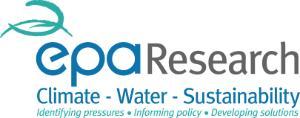-
Courses

Courses
Choosing a course is one of the most important decisions you'll ever make! View our courses and see what our students and lecturers have to say about the courses you are interested in at the links below.
-
University Life

University Life
Each year more than 4,000 choose University of Galway as their University of choice. Find out what life at University of Galway is all about here.
-
About University of Galway

About University of Galway
Since 1845, University of Galway has been sharing the highest quality teaching and research with Ireland and the world. Find out what makes our University so special – from our distinguished history to the latest news and campus developments.
-
Colleges & Schools

Colleges & Schools
University of Galway has earned international recognition as a research-led university with a commitment to top quality teaching across a range of key areas of expertise.
-
Research & Innovation

Research & Innovation
University of Galway’s vibrant research community take on some of the most pressing challenges of our times.
-
Business & Industry

Guiding Breakthrough Research at University of Galway
We explore and facilitate commercial opportunities for the research community at University of Galway, as well as facilitating industry partnership.
-
Alumni & Friends

Alumni & Friends
There are 128,000 University of Galway alumni worldwide. Stay connected to your alumni community! Join our social networks and update your details online.
-
Community Engagement

Community Engagement
At University of Galway, we believe that the best learning takes place when you apply what you learn in a real world context. That's why many of our courses include work placements or community projects.
About PIER
The PIER project is looking into whether we can pick up 'superbugs' from using our seas, lakes and rivers for recreation!
Antibiotic resistance (AR) is recognised internationally as one of the greatest threats to humanity. We know that AR bacteria and antibiotic residues in livestock, human and industrial waste streams are released in great quantities to natural water environments, including rivers, lakes and coastal seas. We know that access to these natural waters for recreation and relaxation is important for our physical and mental health, our wellbeing and our quality of life. However, we don't know if exposure to AR bacteria in these waters is affecting the heath of people who regularly use them for recreation.
The PIER project’s Colonisation Study will investigate whether people who regularly swim, surf or do other in-water activities in Irish rivers, lakes and coastal seas are more likely to pick up and carry AR bacteria in their gut. PIER’s #BlueSpaces Study will also identify and map the barriers and facilitators to people using natural waters for recreation, creating a "systems map" where we can target future change interventions to maximise our use of natural recreational waters.
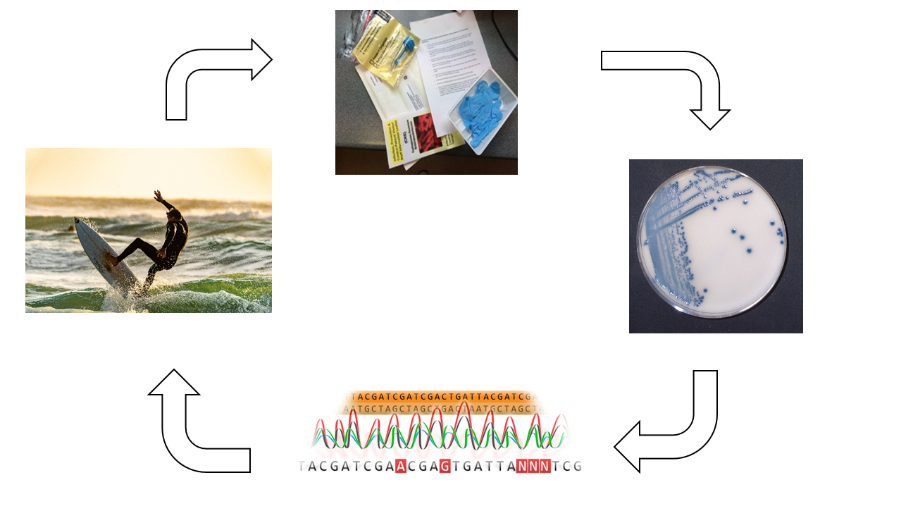
The PIER project's main aims are:
- To examine the health and wellbeing outcomes from exposure to AR bacteria in seas, lakes and rivers in Ireland
- To support the development of monitoring strategies, regulatory activities and policy development for AR prevention and control in the environment.
Questions that PIER will answer include:
- What are the public health implications of exposure to AR bacteria in recreational waters?
- Do current bathing water quality regulations protect public health?
- Are recreational water users more likely to be colonised with AR bacteria (to carry them in their gut) than those who don't use the water?
- How long do AR bacteria persist in the gut of water and non-water users?
- What are the barriers and enablers to people using natural waters for recreation?
- Where can we target interventions to increase people's recreational use of natural waters?
How will we answer these questions?
- In the Colonisation Study we will recruit hundreds of regular water users and hundreds of non-water users to participate in PIER. Participants will be sent a PIER study kit by post, containing a faecal (poo) sample collection kit and survey on how they use the water.
- We will examine participants’ faecal samples in the lab to see whether they carry AR bacteria in their gut, comparing results from water users to non-water users! Some participants will provide multiple samples to help us investigate how long superbugs persist in our gut over time.
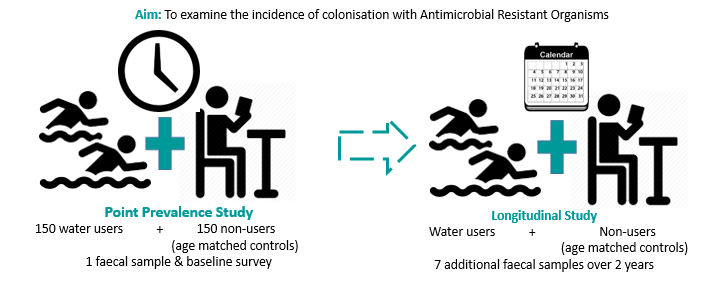
- In the #BlueSpaces Study we will interview recreational water quality stakeholders and conduct an online survey among stakeholders to identify the barriers and facilitators to improving water quality!

- For more information on exactly what is involved plase see the information for PIER participants!
Project Partners:
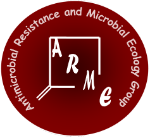

Prof Dearbháile Morris, Dr Liam Burke, Dr Louise O'Connor, Prof Martin Cormican, Ms Maeve Farrell

Dr Christine Domegan, Dr Sinéad Duane, Dr Easkey Britton

Dr Áine McNamara, Dr Katharine Harkin, Dr Regina Kiernan

Prof Diarmuid O'Donovan
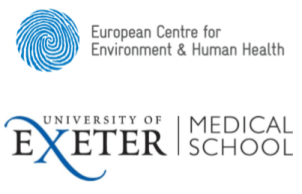
Prof William Gaze, Dr Anne Leonard
Project funding:
